The Labour Party has achieved a significant victory in the general election, marking their return to government after 14 years. This historic win brings positive news for the British Bangladeshi community, as four parliament members of Bangladeshi descent have been re-elected in their constituencies. Notably, all four are Labour Party members, reflecting the community’s strong support for Labour.
Among these re-elected MPs, Rushanara Ali has secured her fifth consecutive term, while Tulip Siddiq has won her fourth consecutive election. Their consistent success underscores their effectiveness and popularity within their constituencies. There is a strong possibility that either Rushanara Ali or Tulip Siddiq might be appointed to the next cabinet by Labour leader Sir Keir Starmer, potentially making history as the first individuals of Bangladeshi descent to serve as ministers in the UK government.
The re-election of these MPs is a testament to the hard work and dedication of the British Bangladeshi community in mainstream politics. Additionally, Rupa Huq and Afsana Begum have also been re-elected. Congratulations to all of them. This achievement highlights their increasing influence and representation in the political landscape of the United Kingdom.
The Tories are experiencing their worst General Election result in their 200-year history, with senior cabinet ministers losing seats left, right, and centre. Labour, meanwhile, is on track to achieve an unprecedented ‘supermajority’ rivaling that of Tony Blair in 1997. Both Rishi Sunak, the outgoing prime minister, and Jeremy Hunt, once the second most powerful politician in Britain as Chancellor, have narrowly been re-elected as MPs.
Jeremy Corbyn, an independent candidate, The former Labour leader decided to contest his long-held Islington North seat after being barred from standing by Labour. The campaign was thought to be on a knife edge, but Corbyn ended up winning convincingly with a majority of more than 7,000.
However, we must admit with shame that the main obstacle for Bangladeshis in advancing in British politics is other Bangladeshis. When a Bangladeshi gets the opportunity to go to the House of Commons or the House of Parliament, they are hindered by public campaigns for the opposing candidate, spreading slander about their personal and family life, and filing written complaints. The social and political leaders of the fifteen-million-strong Bangladeshi community have not been able to rise above this pettiness. Ordinary people are disheartened by the practice of pulling down those who are ahead rather than helping someone from their country progress.
Rushanara Ali has faced opposition from some Bangladeshi candidates in every election, who run against her just for the sake of opposition. One faction attempts to use religion as a weapon in the race to pass or fail the vote. Apsana Begum has twice faced the most public opposition from some British Bangladeshis in her own party, trying to prevent her from getting the Labour Party’s nomination. In the past elections, we saw with shame that in the UK, BNP leaders and activists campaigned en masse for the Conservative Party candidate just to oppose Tulip Siddiq.
Outside of Tower Hamlets, in Camden, London, and in areas like Oldham and Birmingham, large numbers of Bangladeshis reside. With thousands of conscious voters from their homeland in these constituencies, there could have been an elected Bangladeshi MP long ago. This has not happened solely due to the lack of unity within the Bangladeshi community. Young people complain about a negative trend where, instead of encouraging the new generation socially into politics, they are discouraged strategically.
Despite living abroad for many years, Bangladeshi-style politics, the habit of opposing for the sake of opposition, and the inability to unite on any public issue have kept Bangladeshis behind in mainstream British politics. Until we can break free from the culture of regional support and opposition from village and union levels of our homeland, even in local council elections here, relatively qualified individuals will not be able to reach mainstream politics.
Most importantly, it is crucial for the British Bangladeshi community to remain vigilant and avoid engaging in any sectarian conflicts. Unity and participation in mainstream politics and society are essential for effective governance and the continued advancement of their interests. By focusing on shared goals and working together, the community can contribute significantly to the betterment of society and ensure their voices are heard at the highest levels of government.
This historic moment should serve as an inspiration for the community to stay engaged, promote unity, and strive for greater achievements in the future. The success of Rushanara Ali and Tulip Siddiq exemplifies the possibilities that lie ahead when diverse voices are included in the political process. With unity and focused effort, the British Bangladeshi community can achieve even more significant milestones, enriching the fabric of British society and politics for generations to come.
--
Author: Ex-Head Teacher.

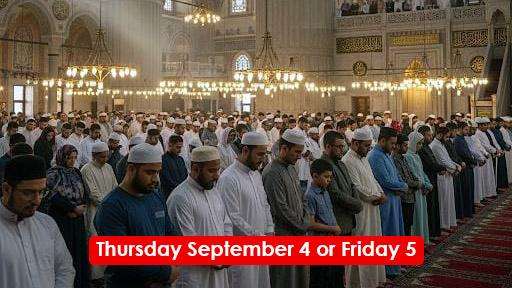

_6.jpg)
_5.jpg)

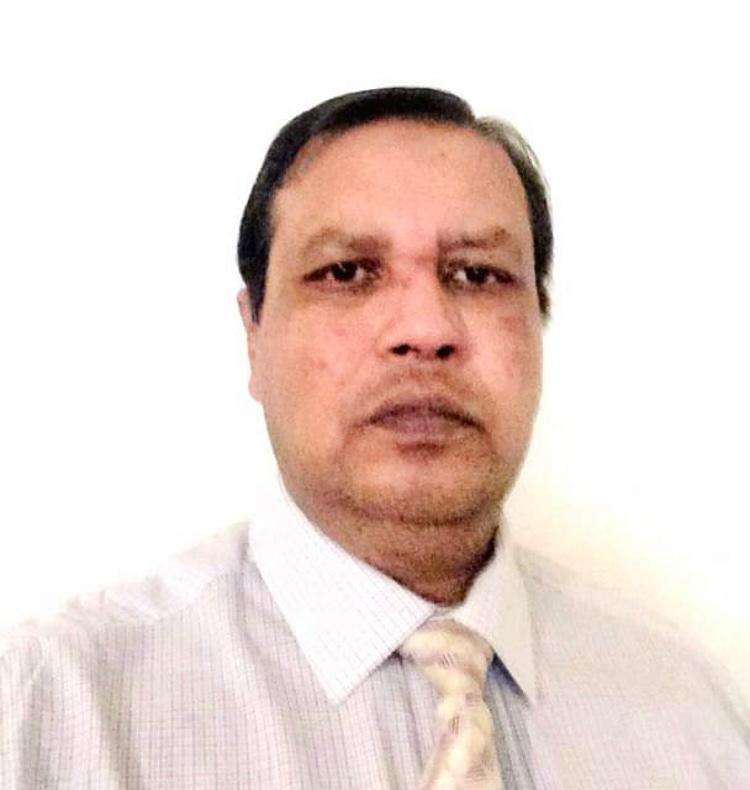
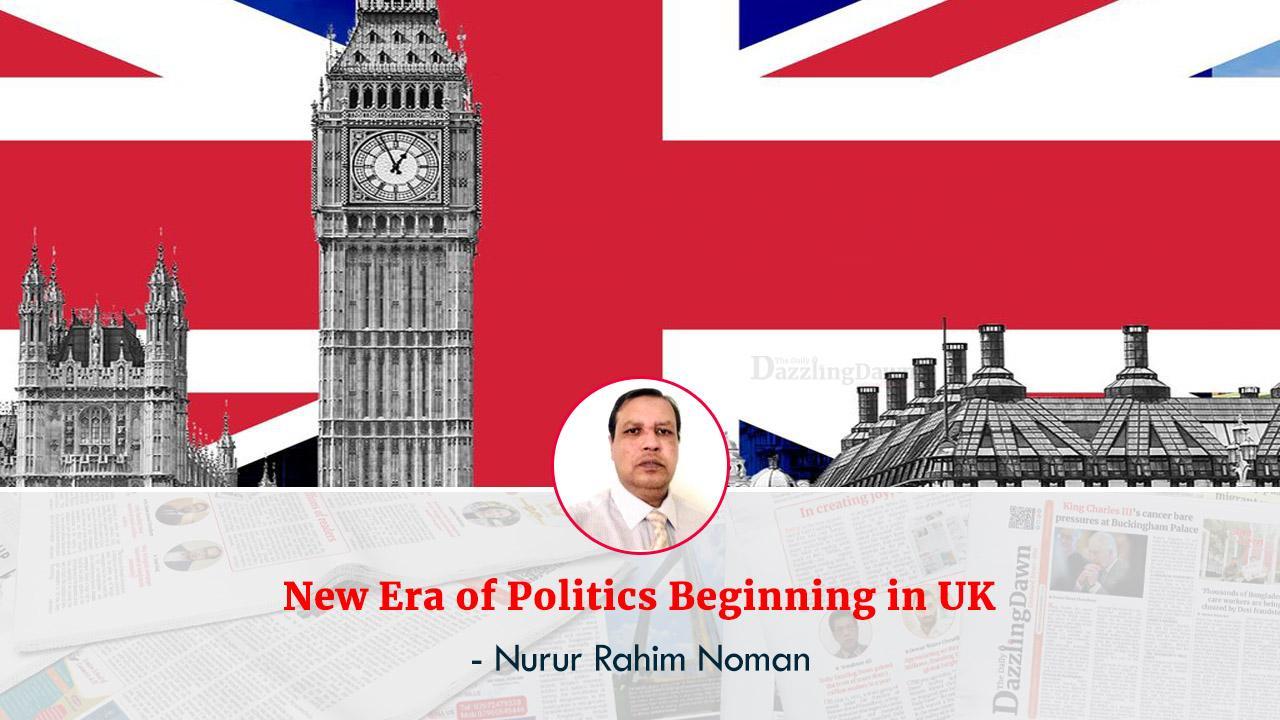
.svg)

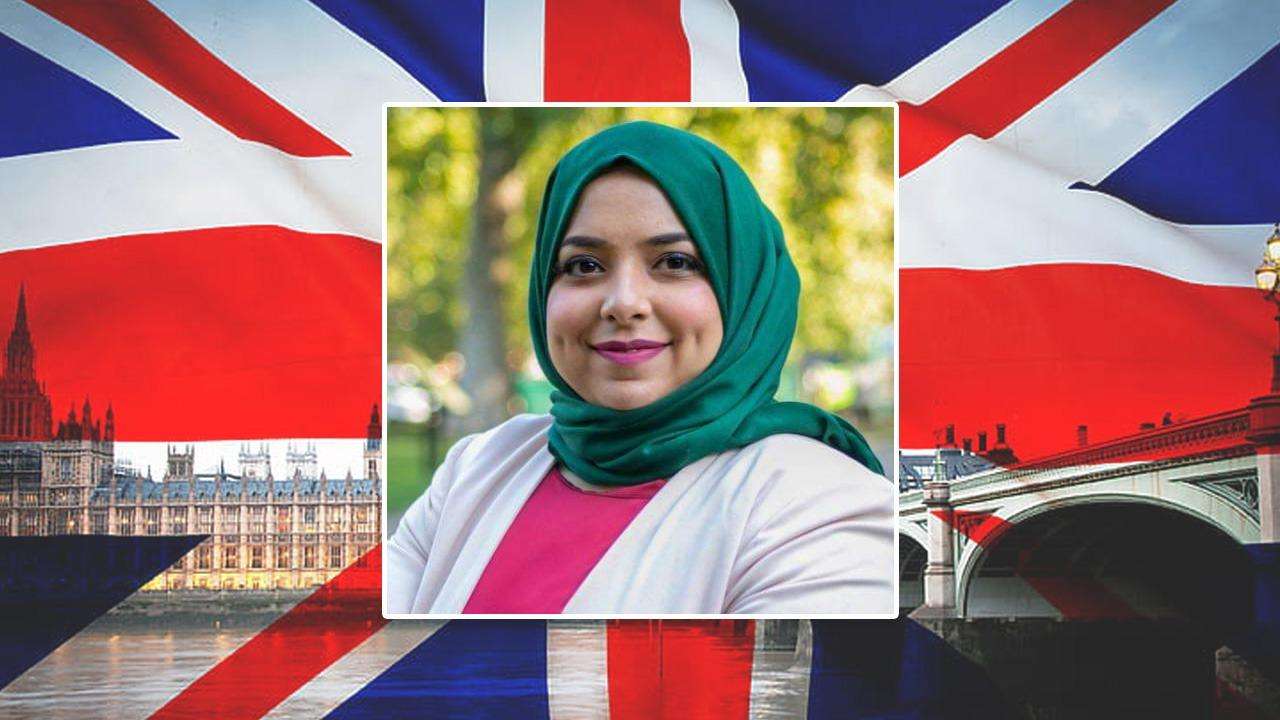
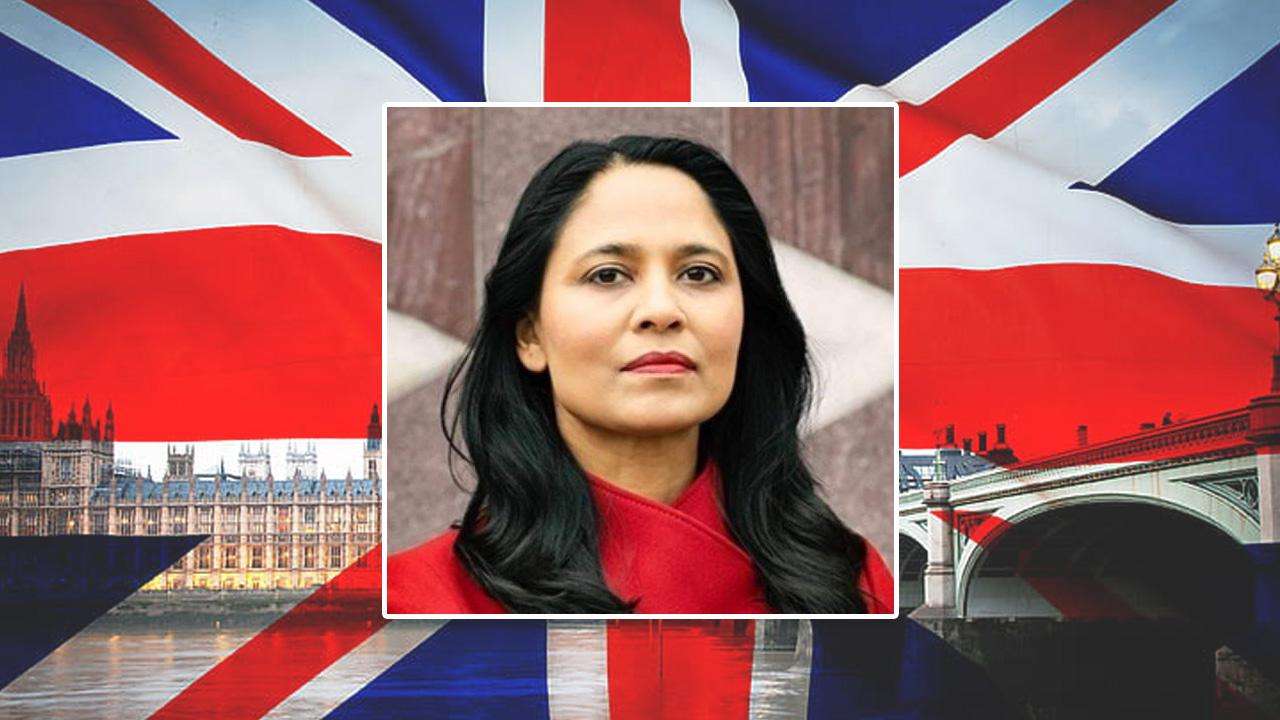
_5.jpg)